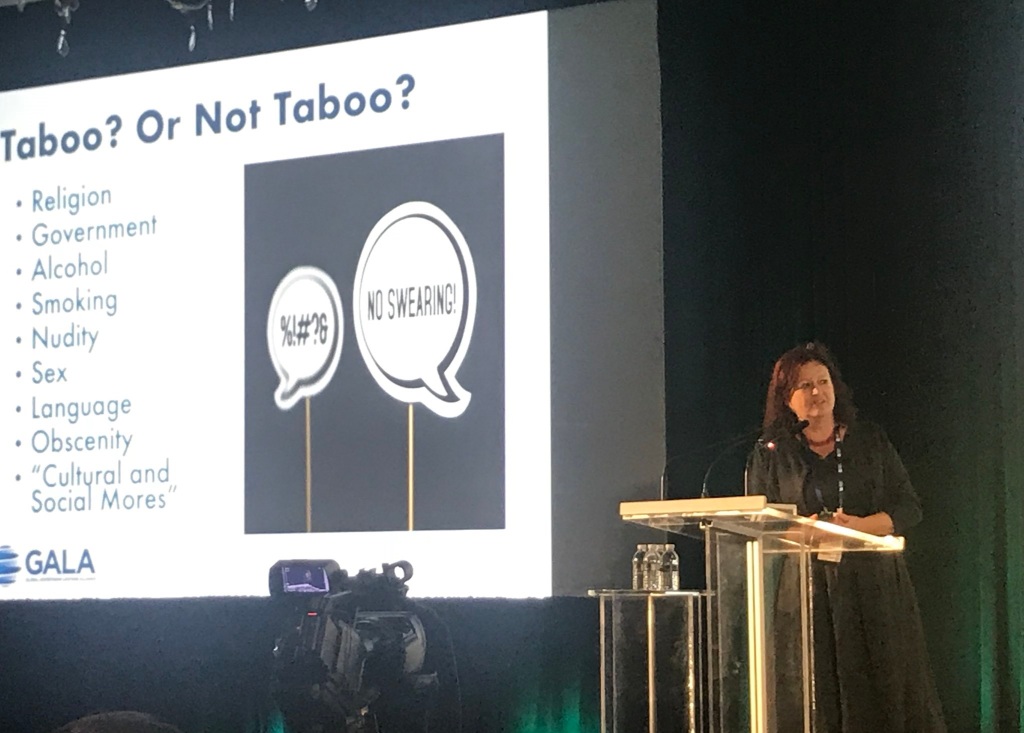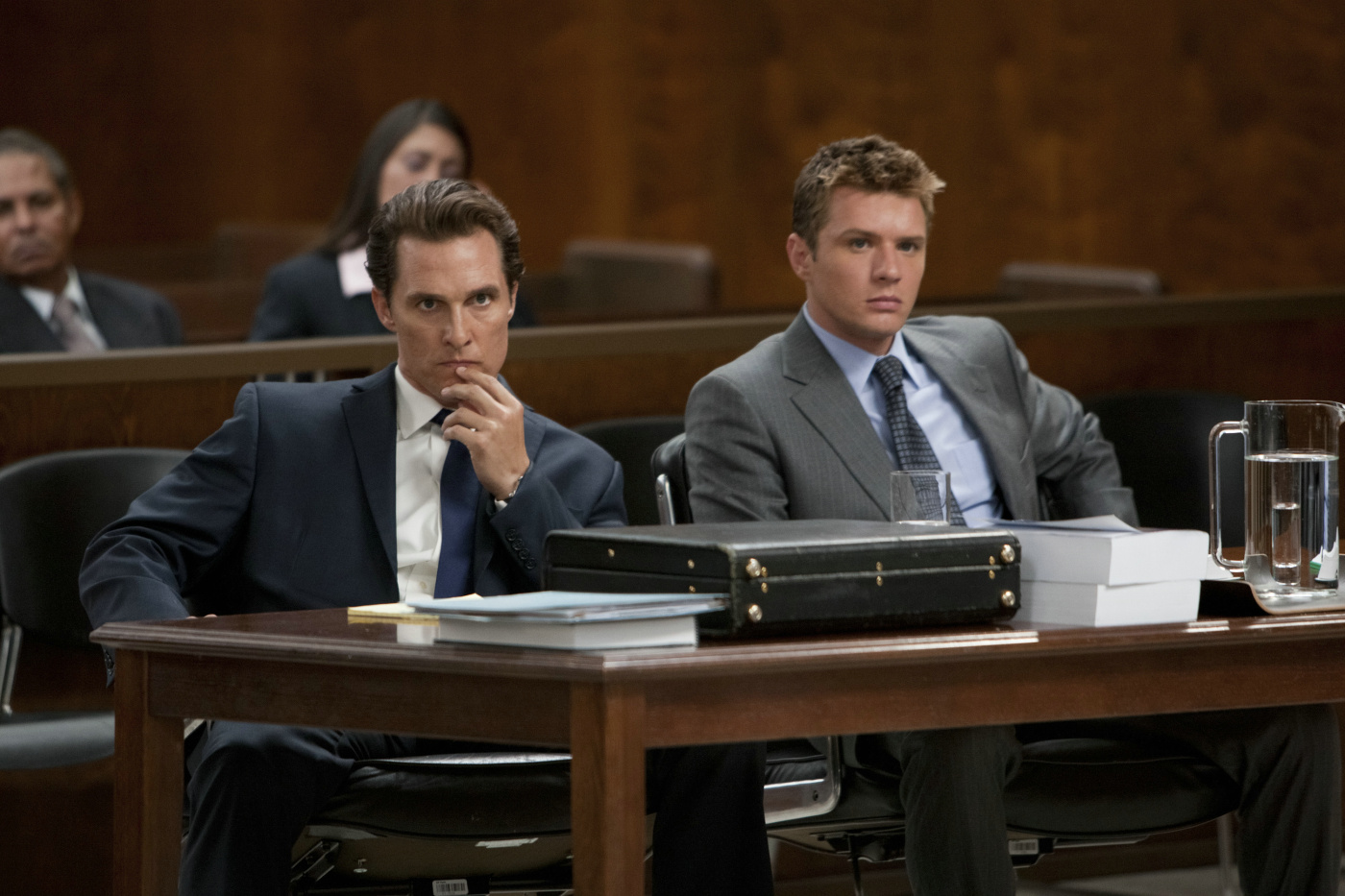
A recent LinkedIn comment on an event happening in a couple of months time has led me to write this post, which I initially featured on LinkedIn and which I’m now posting here so people can find it more easily (LinkedIn, your SEO is lousy). The person asked, rightly, why the event only had two women speakers out of a total of nineteen. She could have also asked why there were no Gulf women on the speaker list. In an effort to help event organizers find these speakers and promote diversity on stage. I’m also tired of manels and mansplaining!
All the women below are exceptional in their own right, and these are all people I’ve worked with or heard speak. If you’re organising a marketing, media, communications or public relations conference in 2018 or beyond, you need to include these women in your event.
For added measure, I’m including a number of women who are based outside of the Gulf. If there’s any additional suggestions, then please do share them and I’ll add to the list. And apologies for leaving anyone out.
Jehan Abdulkarim – A Bahraini national, Jehan has worked in the private sector for over 15 years, at blue chips such as Cisco, Oracle and Accenture. She’s also worked as a journalist. She’s the most senior Gulf woman I know working in non-government, and she regularly talks on issues relating to marketing and comms in emerging markets.
Maha Abouelenein – Egyptian-American Maha has worked for a host of tech firms such as Google and Orascom, as well as agencies such as Weber Shandwick. She’s based between Cairo and Dubai, and often talks about marcomms in the tech sector, as well as issues relating to government and public affairs.
Dana Al Mubaidin Adnani – Morocco-based, Dana has over two decades-worth of experience in marketing and communications. She’s worked with a handful of the most prominent multinationals, including Uber, Microsoft, Nokia, Dow and Coca-Cola. Her latest role was the Head of Global Communications and Public Affairs for Jumia, Africa’s fastest growing e-commerce provider. Dana’s expertise includes B2B and B2C comms, crisis issues, public affairs and gender equality issues too.
Saba AlBusaidy – Oman’s Saba Al Busaidi is one of the most prominent advocates of digital and social media in the Gulf. She frequently talks about digital marketing in both languages, in Arabic and English. Saba was the first Omani women to to be certified as a Social Media Strategist. She has also played a big role in supporting local talent and small-to-medium enterprises.
Dr Hessa AlJaber – One of the highest profile government figures in the Gulf, Qatar’s Dr Hessa AlJaber has led her country’s ICT strategy for over a decade. Dr Hessa has keynoted many an event, with a particular focus on the impact of technology, and the need to promote STEM education among the region’s youth.
Hind Al-Nahedh – A pioneer in the social media space, not only in Kuwait but in the wider Gulf, Hind Al-Nahedh’s experience spans Corporate Communications, social media, integrated marketing, collaboration and blogging. Hind is often sought out to talk about social media and content/influencer marketing in the Gulf.
Princess Reema Bint Bandar Al-Saud – Princess Reema’s work across philanthropy, social purpose and business has consistently challenged gender conventions in conservative Saudi Arabia. In 2010, the marketing and PR worlds took notice when Princess Reema’s ‘Woman’s Stand’ campaign won Best in Show at the EMEA SABRE Awards. Her work in CSR and in marketing means she’s often approached to talk at events and conferences.
Fida Chaaban – Lebanese Canadian Fida straddles both the media and communications worlds. Prior to her current role, she was the editor-in-chief of Entrepreneur Middle East magazine. Today, she serves as the chief communications officer of KBW Investments. With an eye for both, Fida talks about how the two can learn from and improve one another.
Elda Choucair – As the CEO MENA at agency PHD, Lebanese national Elda is probably the most senior woman working on the agency side today in the Gulf region. Elda’s specializes in media planning and strategy. She’s also often asked to talk about how the industry can better promote/support women who want to work in the advertising & creative industries.
Ganga Dhanesh – As Assistant Dean for research and graduate studies at Zayed University’s College of Communication & Media Sciences, Singaporean Ganga is playing a key role in developing the next generation of Emirati female communicators. Ganga’s research areas are strategic communication management, corporate social responsibility and internal relations.
Mariam Farag – Marian leads CSR for MBC, the largest broadcaster in the Middle East region. She’s also worked with the United Nations. Mariam often talks about a number of her passions, including corporate social impact, storytelling, humanizing the brand and youth development.
Maria Gedeon – A destination marketing executive with over 14 years of experience, Maria heads up marketing for Majid Al Futtaim Cinemas. She’s also a board member for the Marketing Society and talks about the challenges and opportunities facing the industry.
Noha Hefny – An Egyptian national with 16 years of experience in comms roles with the United Nations, PepsiCo and McKinsey & Company, Noha talks about issues such as mentorship, social entrepreneurship, brand and corporate reputation.
Louise Karim – Living in Dubai since 2009, UK national Louise has led marketing teams at leading regional and international companies including DABO & Co, The Dubai World Trade Centre and Emirates Airlines. Today she manages mums@work, a female-focused recruitment agency. Louise often talks about the issues women face in the industry.
Eleni Kitra – As a global sales lead for Facebook across the Middle East and Pakistan, Eleni is an expert in contemporary digital marketing trends. A Greek national, Eleni has also worked as the MD for OMD Greece. She’s also passionate about mentoring.
Zaira Lakhpatwala – Zaira is the best-known female journalist in the Gulf reporting on the marcomms industry. Zaira heads up Communicate magazine, part of the Mediaquest Group, and she often moderates panels on the marketing and communications industry, on a host of subjects. If you’re looking for an expert/journalist, Zaira is your woman.
Summer Nasief – A Saudi national with a distinguished career in the private sector, Summer has led technology teams for the likes of IBM, Honeywell and Microsoft. Summer talks about innovation and how technology is changing a host of industries, including marketing and communications.
Maysoun Ramadan – Hailing from Jordan and Turkey, Maysoun is the head of Communication and Public Affairs for Roche Diagnostics Middle East. Maysoun’s passion includes talking on the issues of gender parity and female representation. Maysoun is also an EMENA board member for the International Association of Business Communicators.
Fiona Robertson – Fiona is a Senior Associate in the Technology, Media and Telecommunications practice in Dubai’s Al Tamimi & Co. law firm. In plain English, that means she knows the region’s media laws better than anyone else, and is able to knock the eyeballs of any audience out of their sockets with her understanding of legal issues.
Kindah Sais – A Saudi national with Lebanese roots, Kindah is the Global Diversity & Inclusion (D&I) Leader, for the Middle East and Africa at Boeing International. Her career includes roles at Procter & Gamble, and Ogilvy. Kindah talks about the importance of creating diverse and inclusive work places and teams for firms based in the region.
Heba Sayed – As an IBMer who works across both marketing and technology, Egyptian national Heba is often asked to talk about how technology can be better leveraged by both marketeers and communicators in the areas of customer engagement, augmented intelligence (IBM’s definition for artificial intelligence) and digital solutions.
Valerie Tan – As the VP for communications at Emirates, Valerie is one of the best speakers out there on contemporary communications practices. A Singapore national, Valerie is able to give a unique perspective on communications across the Middle East and Asian Pacific region.






